The Role of Database Applications in Modern Business Environments
Knowledge Hut
JULY 26, 2023
Database Software- Other NoSQL: NoSQL databases cover a variety of database software that differs from typical relational databases. Key-value stores, columnar stores, graph-based databases, and wide-column stores are common classifications for NoSQL databases. Time Series Database (e.g.-

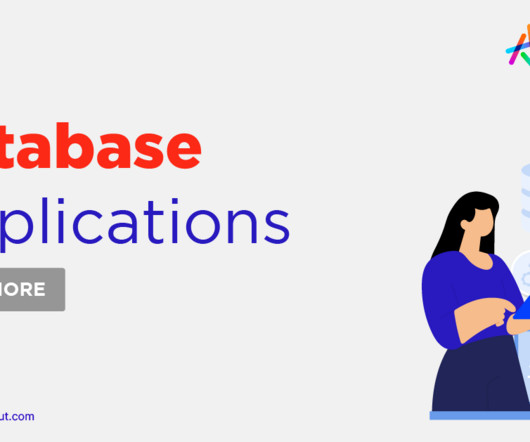

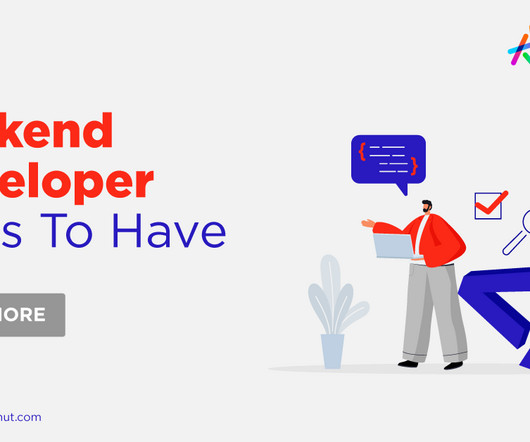
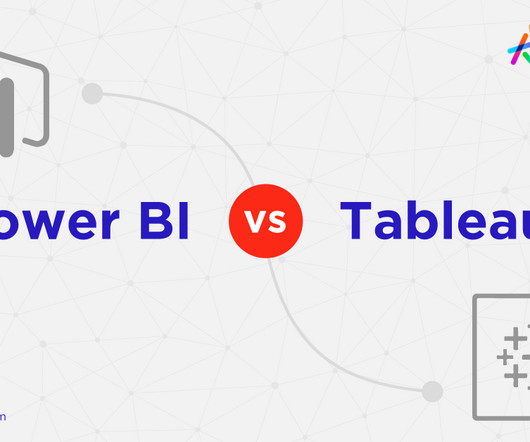
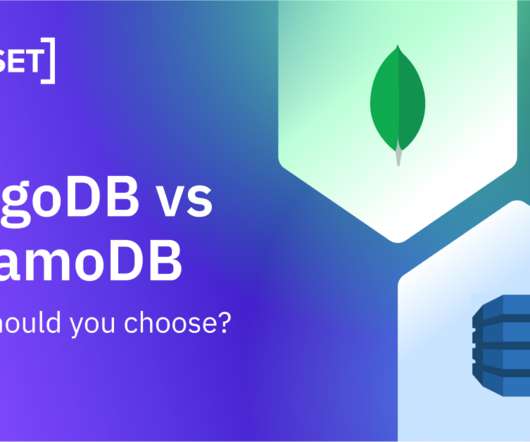


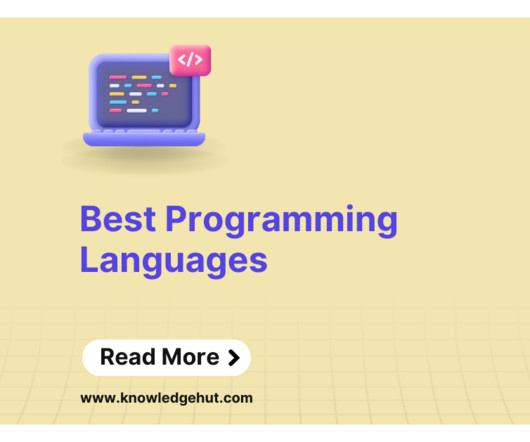






Let's personalize your content